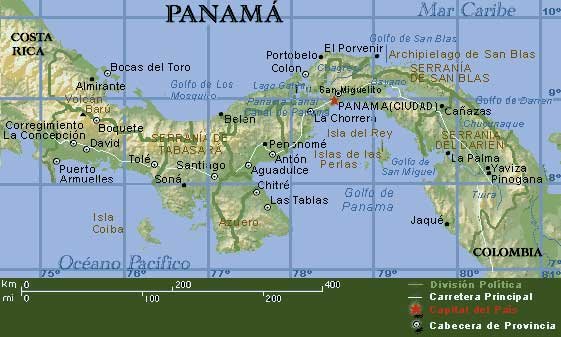
That was our library of Spanish-language books for loaning about two months ago. It includes thick-page kids books on numbers and shapes, National Geographic en Español, kids encyclopedias and books of science questions, big books of fairy tales, why-things-are and how-things-work books, loads of books from
Piggy Press (they do books in English and Spanish, and April bought nearly one of everything they have, around 50 books, a year ago), and Harry Potter 1, 2, & 3. Since then, between April's needs to buy more fun books for the kids and the books we bought with the
Health Fair funds, it has more than doubled.
But we need your help.
If you have wondered how you could send something to us for our community, now is your chance. (Or, if you are about to file your taxes and were looking for one last opportunity to make a
tax-deductible donation, now is your chance.) Through the
Peace Corps Partnership Program (PCPP), friends, family, and others in the United States can make tax-deductible donations to projects sponsored by Peace Corps Volunteers. All projects must have 25% of the cost provided by the community; that can include cash, materials, labor, etc. Ours has a 46% community match.
The
summary page for our request summarizes the project, indicates the amount we still need (we started at $525 and have already received $50 as I write this on Easter Sunday; thank you to someone!), and provides a space to make a secure on-line donation.
We already have a lot of books, thanks to April's insatiable appetite everytime she passes the few bookstores in Panama (let's just say that we may have skewed the recent Volunteer Living Allowance Survey with the percentage of allowance spent on "Items for Community Projects" sometimes 1/3 of her salary) and thanks to books brought or sent by family and friends from the states. But of course we want to provide more options to our young (and old) readers.
We also want to purchase some sealable and lockable plastic containers for book storage, along with reusable desecant packs, to help protect from damp, mold, mildew and insects.
Already, we have held several fundraisers with our community members, and we have one more big one planned for the national election (Sunday, 3 May), when many families will have all their members together for the vote (many folks vote where they were born). We plan to take, print, and frame family pictures, something very few families have, and sell them for a slight profit to support this library project.
We will also work with the community members to establish a plan for tracking books as they are checked out and returned, "office hours", holding
story times, and expanding the library in the future. We will also talk with parents about the importance of reading with their children, so that it becomes a multi-generational together time.

Please help us encourage more moments like Dianeth, a twelve-year-old friend, reading fairy tales like the
Steadfast Tin Solider or
Rumplestiltskin to Nina, our four-year-old neighbor. Or moments like when Nina's dad, Julian, comes by on his last trip of the evening from his boat in the cove near our house and asks to borrow a book to read to Nina and his other kids that night.
(Our request amount is rather small, and once the requested amount has been donated, I think they will close the donation option for this project. But if you'd like to support other similar programs in Panama (at the
main donation page, select Panama in the Country of Service dropdown and then check the list at the bottom of the page) or around the world with other PCVs, you can. Projects range from small community libraries or gardens to large computer centers or community sports fields. Take your pick of what you'd like to support!)





















 Seven PCVs came out to lend support and teach classes. We could not have done it smoothly without them and would have offered only 1/2 as many classes. A big THANK YOU to Stephanie, Teri, Jim, Robby, Lee, Emily and Laura for your help at the Health Fair!
Seven PCVs came out to lend support and teach classes. We could not have done it smoothly without them and would have offered only 1/2 as many classes. A big THANK YOU to Stephanie, Teri, Jim, Robby, Lee, Emily and Laura for your help at the Health Fair!
